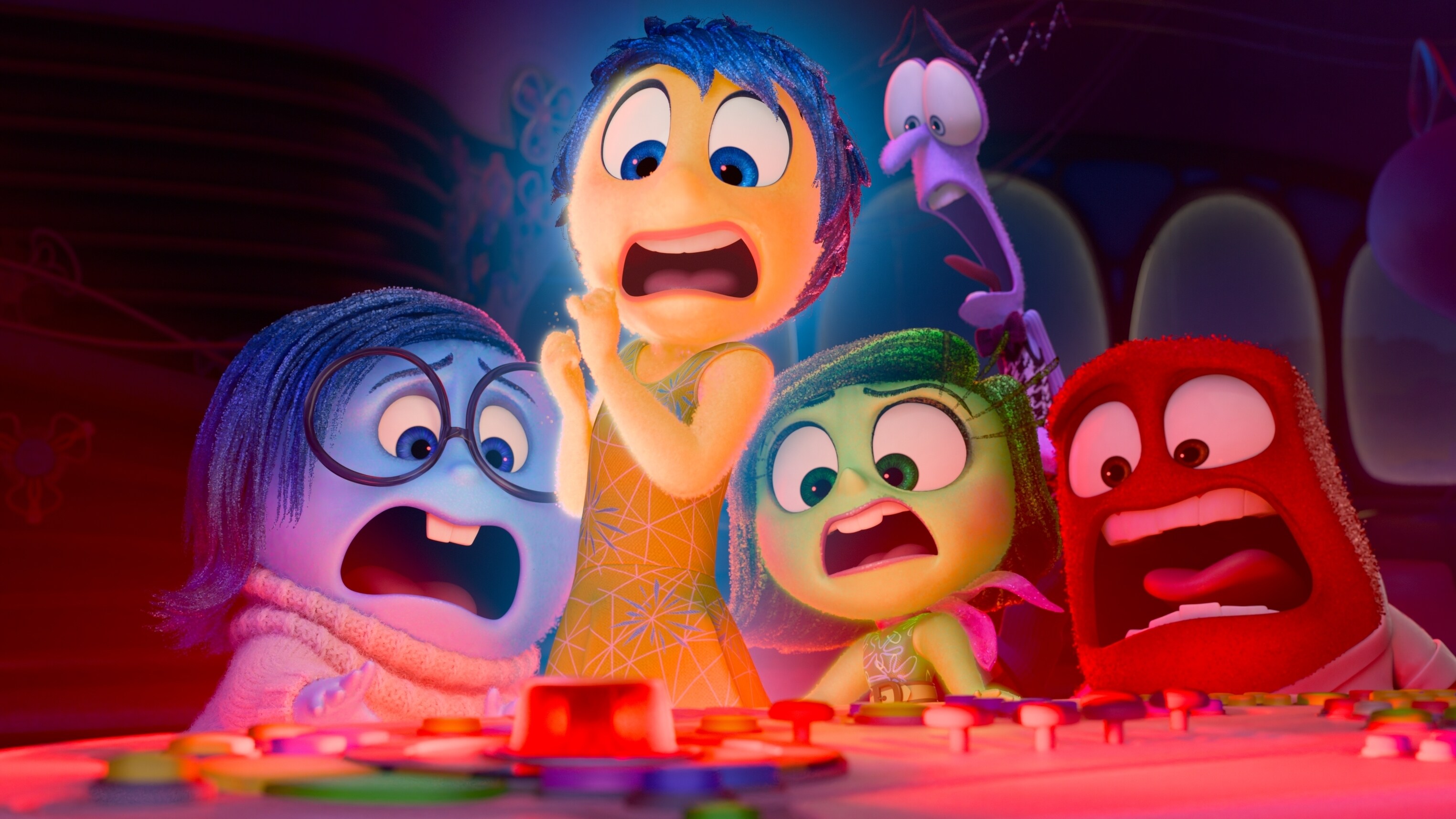You can structure a child’s day so they’re learning and being nourished by lessons that will skill them up for life, but the moment you take a breather and clock off might just be the moment your child learns the most.
In her book The Gardener and the Carpenter, Alison Gopnik (developmental psychologist and Professor of Psychology at UC Berkeley) expresses the idea that children are naturally hard-wired to learn and experiment with their surrounds, and that parents don’t need to take a purposefully scholastic approach. Left to their own devices, children “are like pint-sized scientists testing theories,” Gopnik has written. In her book, Gopnik tests some theories of her own and gathers evolutionary data to show that those big decisions parents stress over – like co-sleeping or letting a baby cry, doing flash card intelligence exercises or letting them build wonky cities in the sandpit – have very little measurable effect on a child’s future. The fact is that children are incredibly perceptive and are learning all the time – whether a parent is in teaching mode or not. It might just be our unconscious habits and behaviors that have the biggest impact on them.
Gopnik recalls the village environment children were raised in for most of human history, where all they had was mud, livestock and relatives. She thinks we could benefit from re-creating a modern village for society’s most junior members, and suggests people can do this by having a number of supportive adults available (but not focused directly on the child), making play-time and a stimulating environment abundant, and to remove the mindset that raising kids is a kind of job. Many working parents probably feel that they have two jobs, making a living and bringing up kids, but Gopnik stresses that the latter is a relationship, not a job and keeping that in mind could be an important shift that improves the lives and reduces the stress of both parents and children.
Gopnik cites cooking as an example of something that children naturally love to be involved in and is also good for them. It is an important activity that adults need to get done, and that kids are allowed to help in, and it is functional rather than an artificial learning opportunity.
“It’s interesting, we don’t ‘wive’ our husbands and we don’t ‘friend’ our friends and we don’t ‘child’ our parents,” remarks Gopnik, so perhaps the focus needs to steer away from ‘parenting’ as a verb, to just being a parent. We all work on our relationships with spouses, relatives and friends by putting time and energy into them, but we don’t check in on their progress or approach those relationships with a shaping, outcome focus. If we give children more freedom, they might thrive on their own terms and in their own way and become more independent.
Alison Gopnik’s most recent book is The Gardener and the Carpenter: What the New Science of Child Development Tells Us about the Relationship Between Parents and Children.
Alison Gopnik: One of the problems that we always have is the kind of culture in which say children evolved it's hard to replicate in our current culture. So I always say sort of ideally what you'd have is a six to one ratio where you'd have six grownups taking care of each child. Maybe a better way of putting it is that you'd have a community of parents, you'd have a community of the caregivers. The children are there as part of that community, it's not as if anybody is sitting there and doing a bunch of special things that are just directed at the child. So the vision that we have from school there's someone who's got this special responsibility of shaping the education of the child is the vision of that is often imported into being a parent. So there's some special set of things you should do, some flashcards or video or something other than what you would normally do that's the thing that you are supposed to do to educate the child.
And what the data, the research shows is that children are learning from just observing and participating in the every day things that people are doing in an incredibly subtle and powerful way. The irony is that the unconscious things that you do when you're interacting with children are much more likely to shape and effect of the way they think than any of the things that you actually consciously decide to do. And I think we have some lovely models, for example, my personal favorite is cooking. So my grandchildren come and cook with me. Children love cooking. They love being involved. There's nothing that seems more interesting to them then an adult who's actually trying to do something, actually trying to bring something about and integrating them into that work. So in a sense in the village the line between here's work and here's children just wasn't there.
Now the question is what do we do now when that's no longer true we're no longer growing up in a village what can we do now to kind of re-create that situation? And I think the best preschools essentially re-create that village for children. So what they do is put children in a context with a lot of adults who really care about them, who are warm, who are supportive and lots of stuff in each place. Another thing I say sometimes is if you really wanted to know what preschool children, young children need to thrive they need mud, livestock and relatives. And those three things are in short supply but we can try and say we've got preschool to replace the mud, livestock and relative with good teachers and cocoons and caterpillars and sandboxes. But that's much more what young children are yearning for than all the kind of very scholastic academic activities that parents feel as if they need to engage in. And I think that also makes life as a working parent easier than if you think that you have one job and then you have another job to think that you have a job and then you have this relationship, this kind of form of love that you have with these children that you're engaged in it's not the same thing as work.
Part of the trouble in our culture in our society is that we measure everything,
we treat everything as if it's either a kind of production or a kind of consumption. So from that perspective either having children is an extremely badly paying job or else it's an extremely expensive luxury. And caregiving for children and for people in general just isn't a kind of production or a kind of conception, it's its own thing. It's a deep important part of being human beings that we make these profound commitments to other people; we care about those people; we do what we can to let these people thrive on their own terms and in their own way. That's a deep thing that we do specifically about children, but it's a part of our relationships with spouses, it's a part of our relationships with say our parents when they get older and we have to take care of them and it's something that's kind of invisible in our culture at large because it doesn't fit into the production bucket or a consumption bucket.
One way to think about it is instead of thinking about parenting we should be thinking about being a parent. And it's interesting we don't wive our husbands and we don't friend our friends and we don't child our parents, we wouldn't measure the quality of any of those relationships by saying oh let's see my husband, has he achieved his benchmarks? Is he better than he was when I married him? You work at relationships, you put time and energy into them but you don't think of them as in this kind of shaping process. And one of the things that makes caregiving so interesting so much more interesting than it is on the parenting model is these deep tensions, these kind of paradoxes that come in caregiving where we have to go from taking care of the most dependent creature we know of, a human baby who completely requires us to make a decision's for them, to keep them alive, and the outcome of all that is to try to create an adult who's completely independent on us, who's completely autonomous, who can make decisions, including making terrible decisions independently of us. In some sense if your children don't have the potential to fail then you haven't succeeded as a parent because what you want to do as a parent is make someone who's independent and autonomous enough so they can take risks and taking risks means the possibility of failure. That's a different kind of activity than almost any other kind of human activity and it's deep and profound and it's a big reason that human beings have been able to succeed as well as they have.







